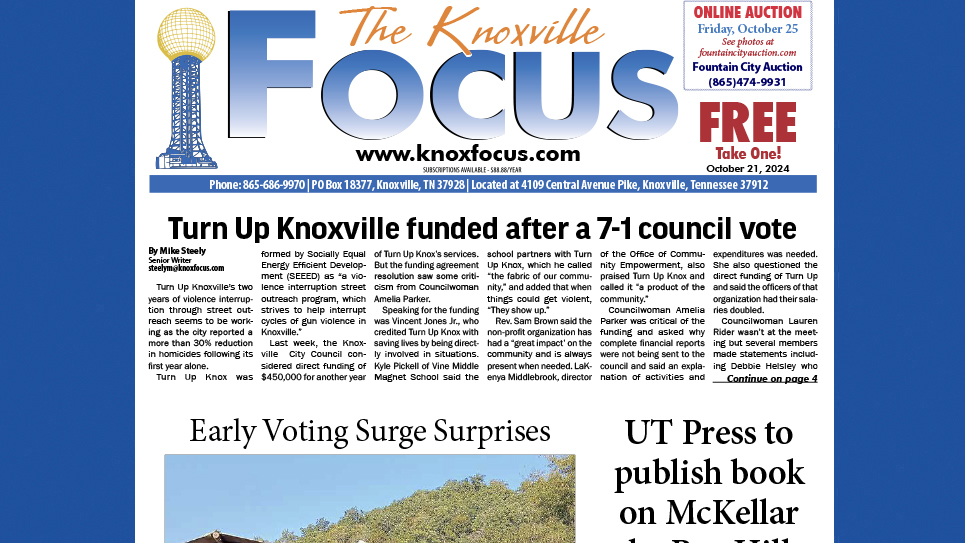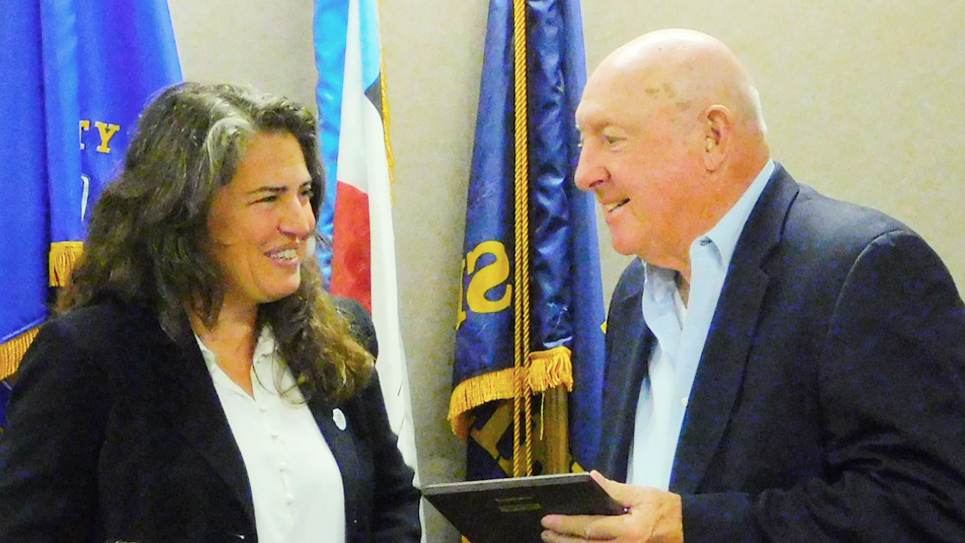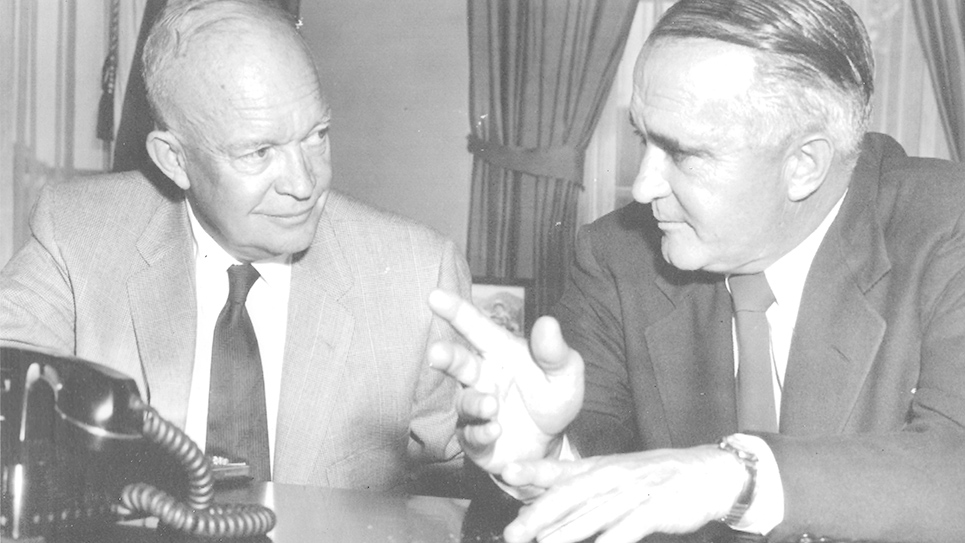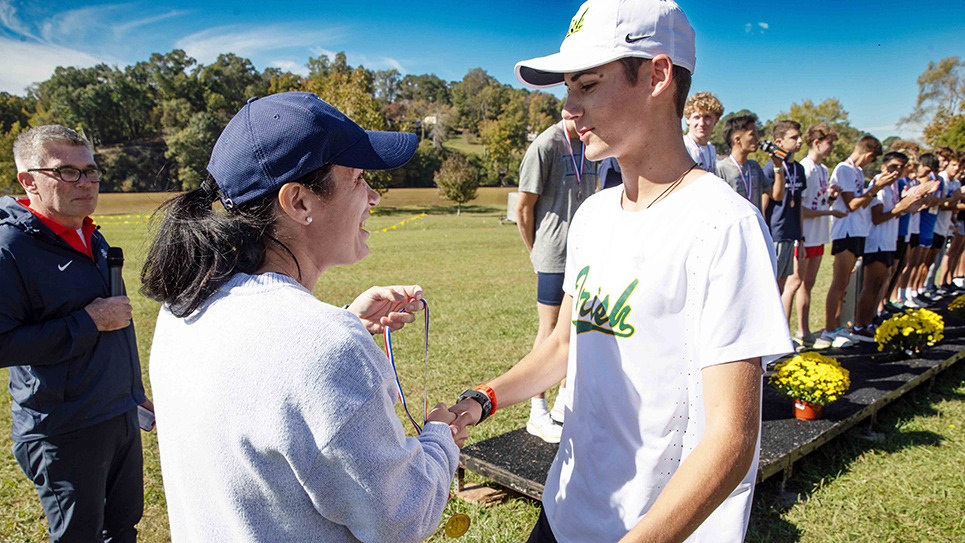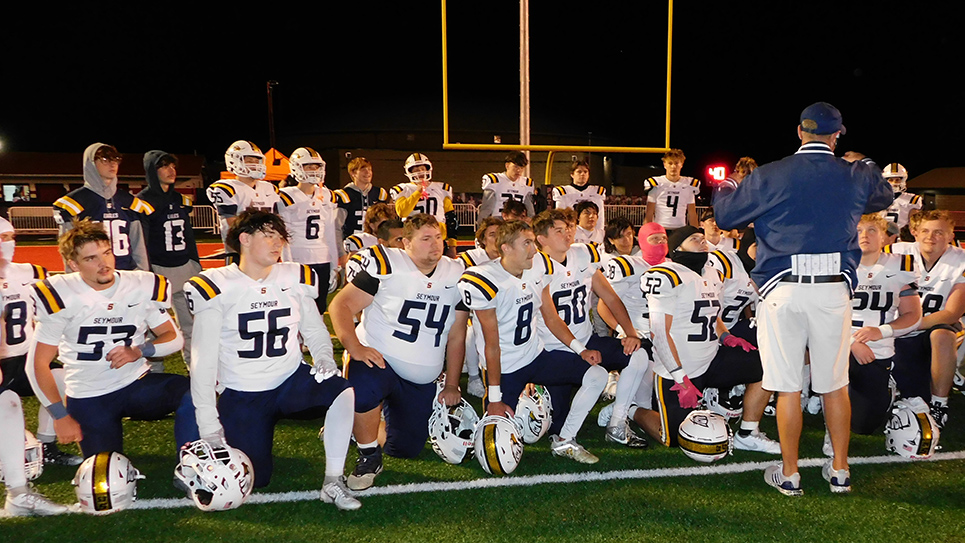“No man is an island, entire of itself; everyman is a piece of the continent, a part of the main… Any man’s death diminishes me…”
John Donne penned these immortal words in 1624 as he reflected on his near death experience from what he and others thought was bubonic plague. Apparently, it was not because he survived. The Black Death was essentially a death sentence in an age before antibiotics and modern supportive medical care. It is estimated that Bubonic plague killed about 50% of Europe’s population in the mid-1300s, and millions more world-wide.
My grandson, Oakley frequently surprises us with new words or phrases he’s learned elsewhere. I coughed the other day and he said, “Bless you.” We thought it was cute even though Oakley doesn’t know the derivation of this common pleasantry. When bubonic plague spreads into the bloodstream and the lungs, a cough often heralds impending death. The Church once held that a person who died without a blessing could not enter heaven. And even today as we bless others, we unknowingly acknowledge the scourge of plague which continues to episodically surface.
These days we take so many things for granted like freedom and antibiotics. Most of us remember the story of Alexander Fleming who noticed that there was a clear zone on his petri dishes. He was puzzled enough to investigate and discovered that certain microorganisms produce substances that give them a survival advantage by limiting the growth of other germs. Fleming’s anti-bacterial agent came from the penicillium mold, hence the name penicillin which ushered in the antibiotic age.
I read once that if man were able to eliminate all cancer, human life expectancy would only increase by two years. However, clean water, adequate food, vaccinations against infectious diseases and antibiotics have enabled modern man to grow taller and live much longer. Human lifespan is determined by our DNA and is fixed at about one hundred and ten years. Because of science human life expectancy is increasing and my granddaughter, Josie, can expect to live into her eighties, whereas the average American in 1900 could not expect to make it past fifty.
A slew of antibiotics came as a result of Fleming’s discovery of penicillin in 1928. I quickly counted more than twenty different classes of antibiotics at a reference site available to doctors for treating bacteria, and there are dozens more to treat fungi, yeast, viruses and various parasites including worms.
We assume there will always be a “magic” pill to fix our maladies, but that’s not true. Resistance to antimicrobial drugs is a real problem. Consider that microorganisms have been on the earth for eons, much longer than humans. To survive, germs have had to adapt to changing environments. If we indiscriminately use antibiotics then the germs will adapt and have done so by developing resistance to many antibiotics. I have seen people die in America from infections with microorganisms resistant to all antibiotics.
All but the willfully uninformed have heard of the recent tragic death of Vice President Joe Biden’s son from a brain tumor. Most people understand the concept of chemotherapy used to treat cancer, and also immune system diseases like rheumatoid arthritis. While chemicals may destroy cancer cells, unfortunately they also damage healthy non-cancerous cells.
I’ve written about the use of immunotherapy to treat melanoma and lung cancer. This type of “chemical therapy” augments specific areas of the immune system to better recognize and destroy cancer cells. Immunotherapy is also used in rheumatoid arthritis and psoriasis as well as inflammatory bowel disease. Immunotherapy works best in cancerous tumors with many DNA mutations. Unfortunately, glioblastoma brain tumors have only a single DNA mutation and surgery with radiation and traditional chemotherapy is all we have and often they aren’t enough. Interestingly, an article in the NEJM described using an immune stimulating vaccine to treat brain tumors in mice. And direct injection of vaccines into large melanomas has also showed promise. Taken all together, we may be on the cusp of a revolutionary breakthrough in cancer therapy.
For a 64-year-old doctor trained in the early seventies, genetics is complicated and I have to work to keep up. Some years ago I read the “Language of God” by Francis Collins. Dr. Collins is an M.D. and was head of the Human Genome Project. He was also an atheist who found God in the intricacies of creation and the human spirit. I once examined a patient and heard an unusual heart murmur. I was curious, and suspicious that this murmur was an important finding even though my patient had no symptoms. My evaluation confirmed an abnormal thickening of the heart muscle which caused obstruction of normal circulation. This was later eliminated by a remarkable procedure that produced a “controlled heart attack” eliminating the obstruction.
Forty years ago when I was in training the first chemistry panels that measured electrolytes like sodium and cellular enzymes of liver function became available. Now science peers even deeper into the realm of molecular biology (biological function at the molecular level). It turns out that my patient has a genetic aberration which caused the abnormal thickening of one wall of his heart. Injured hearts from, for instance, arterial blockage also undergo pathologic (diseased) thickening, whereas exercise promotes physiologic (healthy) thickening of the heart muscle. The difference may lie with the discovery that some may have a genetic deficiency of a protein – miR-222 – that prevents abnormal thickening. Nature is complicated and sublime.
The Middle Ages is sometimes described as the Age of Faith where truth was revealed by God. We moderns are part of The Age of Reason which began with the Renaissance. Science is the investigative discipline/tool of reason. However, truth is not just a factual phenomenon. Truth is best derived from observation, experience, tradition and prayerful sifting of all the data. Unfortunately, modern man has interposed reason and science between himself and God, and too often deified them. As a result we have trouble discerning the Truth.
Humans were designed as inquisitive beings and imbued with reason. These traits and tools, like science, make us innovative, creative and bring us closer and closer to the truth.
Don’t limit yourself with blind faith or blind reason. We were designed to use both faith and reason and be more.

